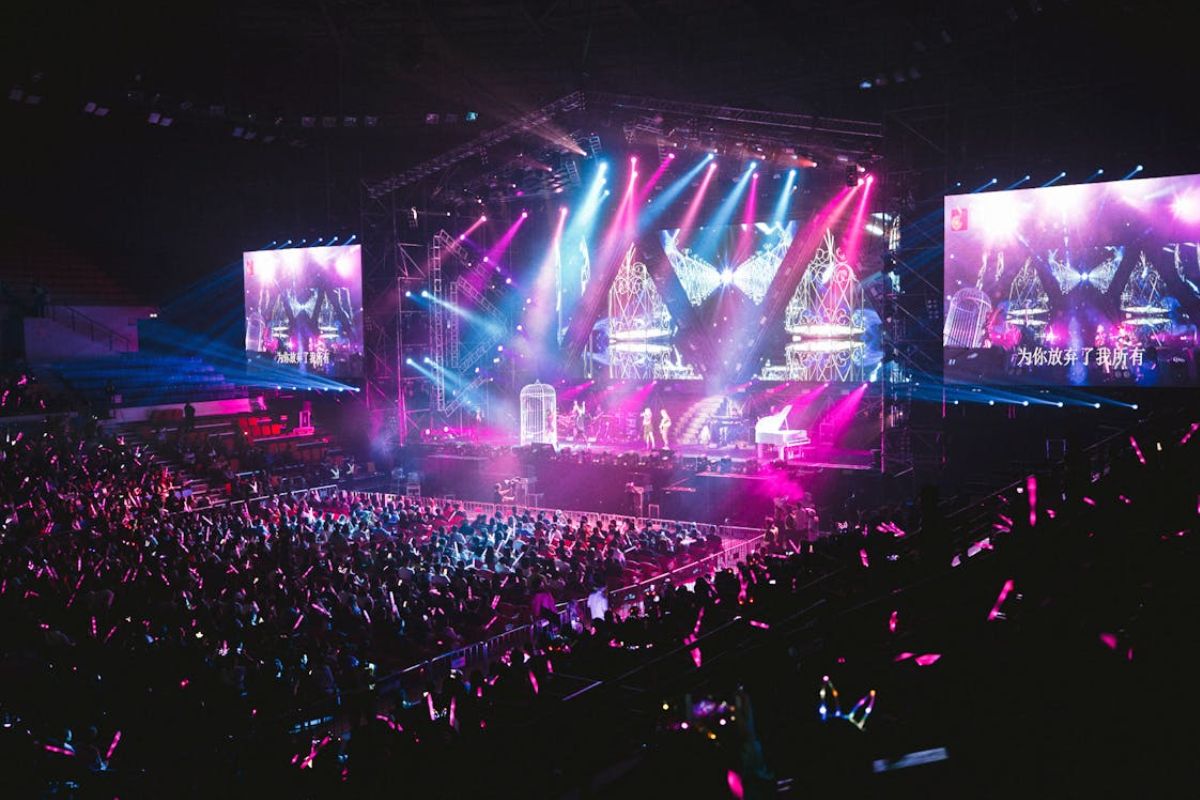Streaming services like Spotify and Apple Music have revolutionized the way we listen to music, giving us instant access to millions of tracks at the touch of a button. However, for indie music enthusiasts, the experience goes beyond simply hitting “play.” Today, indie music platforms and music podcast networks are stepping up to fill the gaps left by traditional streaming services, offering deeper engagement and richer discovery opportunities.
Let’s explore how these platforms are reshaping the indie music experience and fostering stronger connections between artists and fans.
The Evolution of Indie Music Platforms
In the past, indie music relied heavily on word of mouth, local gigs, and small-scale physical distribution. While these grassroots methods built tight-knit communities, they often limited an artist’s reach. Today, indie music platforms are bridging the gap by providing global exposure while maintaining the intimacy that makes indie music so special.
Curated Discovery
Indie music platforms focus on personalized curation, making it easier for listeners to discover hidden gems. Platforms like Bandcamp and SoundCloud have long championed indie artists, giving them a space to share their work and connect directly with fans. These platforms often feature curated playlists, editor recommendations, and algorithm-free suggestions, offering a refreshing alternative to mainstream streaming services.
Fairer Revenue Models
Another key advantage of indie platforms is their artist-first approach to revenue. Unlike traditional streaming services, which often pay artists fractions of a cent per stream, many indie platforms allow musicians to sell their music directly to fans. This model ensures that artists receive a fairer share of the profits, empowering them to sustain their careers independently.
The Role of Music Podcast Networks
While indie music platforms provide a home for artists and their work, music podcast networks are creating new ways for fans to engage with their favorite music. Podcasts have emerged as a powerful medium for storytelling, education, and community-building, and they are quickly becoming an essential part of the indie music ecosystem.
In Depth Artist Stories
Music podcasts offer fans a glimpse behind the scenes, allowing them to hear directly from their favorite artists. From interviews about creative processes to deep dives into album inspirations, podcasts give fans a more intimate connection to the music they love. Shows like Song Exploder and Dissect are prime examples of how podcasts can deepen our understanding of music and the artists behind it.
Discovering Emerging Talent
Many music podcast networks spotlight emerging indie artists, introducing listeners to fresh sounds and untapped talent. By showcasing these artists alongside their more established counterparts, podcasts help level the playing field and create opportunities for discovery.
Community Conversations
Podcasts are also fostering a sense of community among indie music fans. Many shows encourage listener participation through fan submissions, live events, and social media engagement, creating a two-way dialogue that strengthens the bond between artists and their audience.
How Platforms Are Shaping Fan Engagement
The rise of indie music platforms and podcast networks is transforming the way fans interact with music in several key ways:
1 Direct Artist Fan Relationships
Platforms like Patreon and Ko-fi allow fans to support their favorite artists directly, often in exchange for exclusive content like behind-the-scenes footage, unreleased tracks, or personalized messages. These interactions create a sense of investment and loyalty that goes beyond passive listening.
2 Interactive Features
Many indie platforms and podcasts are incorporating interactive features to enhance fan engagement. From live Q&A sessions to voting on setlists, these features make fans feel like active participants in the music experience.
3 A Focus on Authenticity
Indie music is all about authenticity, and platforms are leaning into this value by prioritizing meaningful connections over mass appeal. Whether it’s through candid podcast interviews or intimate virtual performances, these experiences resonate deeply with fans who crave genuine interactions.
Challenges and Opportunities
Despite their many advantages, indie music platforms and podcast networks face challenges as they grow. Competing with mainstream services for attention, balancing financial sustainability with artist support, and maintaining a sense of community in a digital landscape are all ongoing struggles.
However, these challenges also present opportunities for innovation. As technology continues to evolve, we can expect to see even more creative solutions for connecting artists and fans, from immersive virtual concerts to AI-driven music discovery tailored specifically to individual tastes.
The Future of Indie Music
The combination of indie music platforms and music podcast networks is creating a new era of music discovery and engagement. By prioritizing creativity, authenticity, and community, these platforms are ensuring that indie music remains a vital and thriving part of the industry.
For fans, this means more ways to connect with the artists they love and discover new talent. For artists, it means greater opportunities to share their work, build their careers, and engage with their audience on a deeper level.
The indie music experience has never been more dynamic or exciting. Thanks to the efforts of indie music platforms and music podcast networks, fans and artists alike are enjoying a richer, more connected music journey.
Whether you’re a die-hard indie music lover or a curious newcomer, now is the perfect time to explore these platforms and discover how they’re reinventing the way we experience music. Beyond streaming, the future of indie music lies in the hands of passionate creators and the innovative platforms that support them.

